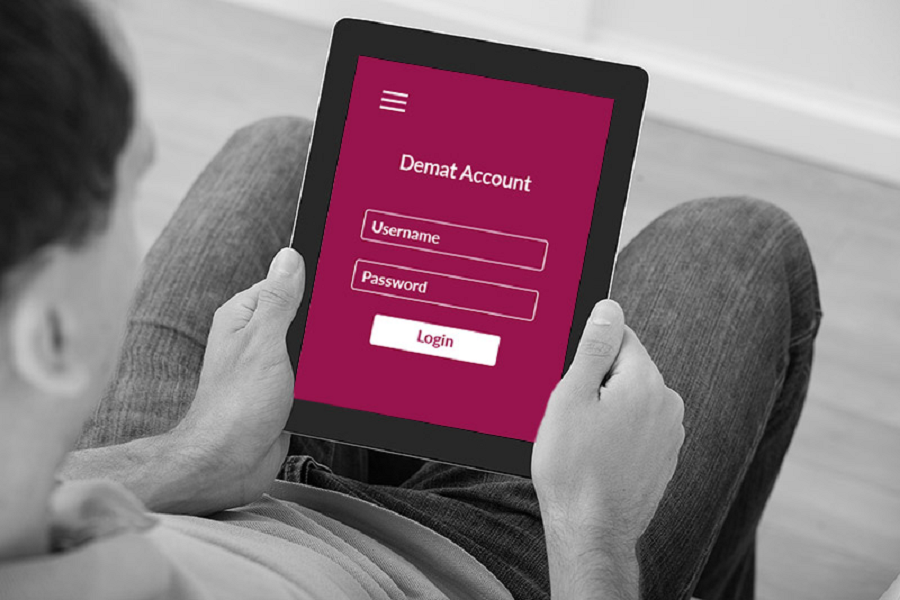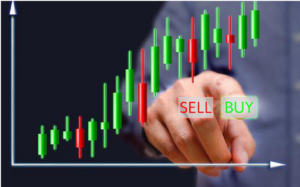
Demat Account: The Basic Concept of opening this account
A Demat or dematerialized account is where you hold your portions in an electronic configuration. When you open a web-based Demat Account, you will get a Demat Account number which you quote while leading the deal or acquisition of stocks. The working of this record is like that of a financial balance. Besides, the protections are charged and credited according to your deal and buy.
The basics of the two accounts are:
Zero equilibrium account:
You don’t have to obligatorily have offered to open a Demat Account. You can have no equilibrium in the record, truth be told when you check Infosys share price.
Opening a Demat Account:
You can’t open a Demat Account straightforwardly with the Central Depository Services Ltd (CDSL). You need to move toward an approved Depository Participant (DP), who will open your record, and work with additional exchanges.
Various accounts:
As there is no limitation on the quantity of Demat Accounts which can be opened by any financial backer, you can have different Demat Accounts.
Zero Account opening charges: according to SEBIs rules, no charges are required for opening a Demat Account. In any case, you are expected to pay the Annual Maintenance Charge (AMC).
A number of record holders:
You can either open a solitary or joint Demat Account. One record can have a limit of three individuals, with one principal holder and two joint holders with Infosys share price.
Exchanging Account
The second step for putting resources into securities exchanges is to open an exchanging record and begin exchanging electronically in the recorded portions of a stock trade. This record permits you to buy and sell protection through your Demat Account. An exchanging account is like an ongoing financial balance as it interfaces your Demat and Bank Account.
Opening an exchanging account:
You can open an exchanging account by enrolling with a stock broking organization. Post opening, you are doled out a special exchanging ID to start exchanging financial exchanges.
Expenses and charges:
You are not expected to pay any charges to open an exchange account. It is just while exchanging that you are expected to pay charges like GST, stamp obligation and business.
Permits exchanging on various securities exchanges:
Once you open an exchanging account, you can exchange offers, subordinates, and prospects in every securities exchange, including National Stock Exchange (NSE), Bombay Stock Exchange (BSE), National Commodity and Derivatives Exchange (NCDEX), and Multi Commodity Exchange (MCX) with Infosys share price.
T+1, T+2, and T+3 in Trading Accounts: T implies the exchanging day, and T+1 is the following exchanging day, etc.
You can have a Demat Account without a Trading Account to keep stocks in your record. It is just when you need to exchange that opening an exchanging account becomes compulsory. To exchange just in fates, choices, and money subsidiaries, then, at that point, you don’t need a Demat Account.
End
If you have any desire to exchange securities exchanges, then having both a Trading Account and Demat Account is required. Choosing a confided-in monetary accomplice, as IIFL, is significant because who can offer all speculation choices through a solitary stage and industry’s best stock and plan proposals with Infosys share price.



